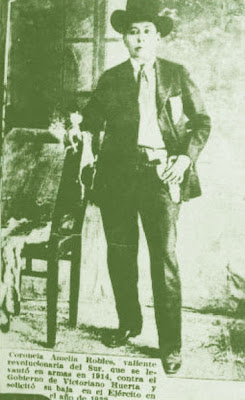Nash and Safa 76
Nash, June and Helen Icken Safa. Introduction and Chapter 1: "A Critique of Social Science Roles in Latin America". Pp. x- 24. In Sex and Class in Latin America. Praeger Publishers: New York, 1976. In the introduction the editors acknowledge the conflicts that erupted in the 1975 UN sponsored conference in Mexico between women delegations from industrialized countries and from the "Third World": the first insisted in an agenda of exclusively women's issues, while the second refused to abandon issues of global unequal development and political issues for the analysis, arguing that in their contexts, class inequalities take priority over sexual inequality (xi). For instance, the fact that cheap and unprotected female labor is needed for First World production and consumption of goods. In the first chapter, Nash seems to be in dialogue (and take issue) with dependency theory and Marxist analyses that have blatantly ignored women's activities or seen them acriti



